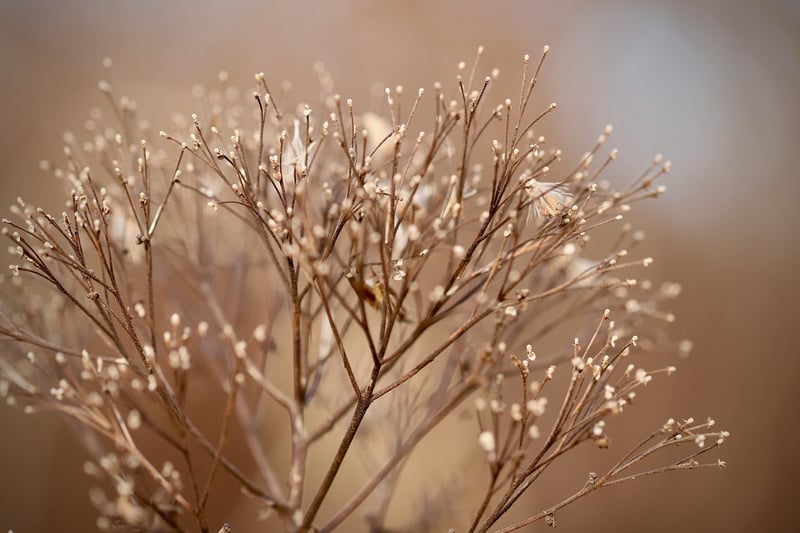Sensory Plant Experiences
Design Serene and Lush Gardens for Sensory Plant Experiences

Creating a serene and lush garden not only enhances the aesthetics of your outdoor space but also provides a sensory experience through carefully selected plants. By incorporating plants that appeal to the senses of sight, touch, smell, taste, and sound, you can create a multi-dimensional garden that soothes the mind and rejuvenates the soul.
Choosing Plants for Sensory Experiences
When designing your garden for sensory plant experiences, consider the following:
Sight:
Include a variety of colorful flowers and foliage to create visual interest. Plants like roses, lilies, and hydrangeas can add a pop of color, while ornamental grasses and ferns provide texture.
Touch:
Incorporate plants with different textures such as velvety lamb's ear, smooth succulents, and feathery grasses. Create tactile experiences by planting a mix of soft and coarse leaves.
Smell:
Fragrant plants like lavender, jasmine, and rosemary can perfume the air and create a relaxing atmosphere. Consider adding scented herbs like mint and basil for a sensory culinary experience.
Taste:
Grow edible plants like strawberries, tomatoes, and herbs in your garden. Not only do they add visual interest, but they also provide a fresh and flavorful addition to your culinary creations.
Sound:
Include plants that create soothing sounds such as rustling bamboo, swaying ornamental grasses, or wind chimes. The gentle rustle of leaves can add a calming auditory element to your garden.
Designing Your Serene Garden
When designing your garden, consider the layout, pathways, seating areas, and focal points. Create secluded nooks for quiet contemplation, incorporate water features for a tranquil ambiance, and add bird feeders to attract wildlife.

Remember to incorporate a mix of evergreen and seasonal plants to ensure year-round interest. Group plants with similar care requirements together and consider the sunlight and soil conditions when selecting plant varieties.
Conclusion
Designing a serene and lush garden for sensory plant experiences can transform your outdoor space into a peaceful retreat. By engaging the senses through sight, touch, smell, taste, and sound, you can create a harmonious environment that promotes relaxation and well-being.
Start planning your sensory garden today and immerse yourself in the beauty and tranquility of nature!
